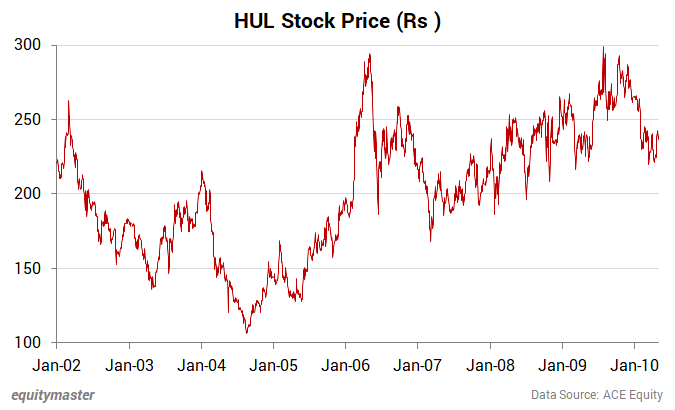Sensex Cracks 1,000 Points On Fears Of New Covid Variant; Realty, Auto & Metal Stocks Bleed
Asian stock markets plunged today as a new virus variant added to swirling concerns about future growth and higher US interest rates.
The Hang Seng and the Shanghai Composite are trading down by 2.2% and 0.5%, respectively. The Nikkei is trading lower by 2.9%.
US stock markets were closed on Thursday, in observance of the national holiday.
On Wednesday, Wall Street indices finished higher ahead of the US Thanksgiving holiday as US Treasury yields hovered near the year's highs.
Back home, Indian share markets opened deep in the red, following the trend on SGX Nifty. Benchmark indices slumped today over fears of new Covid variant.
Shares of Tarsons Products made their stock market debut today. The issue price was fixed at Rs 662 per share.
The BSE Sensex is trading down by 1,011 points. Meanwhile, the NSE Nifty is trading lower by 271 points.
Dr. Reddy's Lab is among the top gainers today. Bajaj Finance and Kotak Mahindra Bank, on the other hand, are among the top losers today.
The BSE Mid Cap index is trading down by 1.5%. The BSE Small Cap index is trading lower by 0.8%.
Barring healthcare stocks, all sectoral indices are trading in red with stocks in the realty sector and metal sector witnessing most of the selling pressure.
Shares of Trident and Escorts hit their 52-week high today.
The rupee is trading at 74.58 against the US$.
Gold prices are trading up by 0.4% at Rs 47,601 per 10 grams.
In global markets, gold eased and is set for the worst week in five months, as prices were hammered by increasing bets that the US Federal Reserve would accelerate the pace of stimulus tapering and raise interest rates sooner to curb rising inflation.
Crude oil prices slid more than 1% on concerns that a global supply surplus could swell in the first quarter following a coordinated release of crude reserves among major consumers, led by the US.
In news from the FMCG sector, India's largest consumer goods makers HUL and ITC have hiked prices across categories for the second time this fiscal, while others have guided for similar action as they look to offset high inflation of key raw materials.
While Hindustan Unilever (HUL) raised prices in the range of 4-22% across its soaps and detergents segment, it stood at 7-10% for ITC's personal care brands.
Parle Products plans to increase prices by 8-10% across its biscuits, snacks and confectionery products in the ongoing quarter ending December.
Higher crude oil and palm oil prices, coupled with a revival of demand for consumer goods have forced the companies to effect calibrated price hikes. For instance, Palm fatty acid distillate, a chemical used in home and personal products, has surged 60% to US$1,220 per metric tonne in the past 12 months.
Reportedly, the price hike by the maker of Dove shampoos and Lux soaps will be over and above the 11.5% rise it had implemented during April-September.
Distributors for ITC said that its personal care brands Fiama, Vivel and Engage have turned costlier with bigger packs, especially those above 500 gm, bearing the brunt.
Meanwhile, Dabur may also look at another round of price increases in the fourth quarter of the ongoing fiscal, its Chief Executive Officer (CEO) Mohit Malhotra said.
He added that inflation remains a big concern and there aren't signs of any softening yet.
How this pans out remains to be seen. Meanwhile, we will keep you updated on the latest developments from this space.
Shares of HUL and ITC are trading down by 1% and 1.5%, respectively.
Speaking of HUL, here's an interesting data on the stock, between 2002 to 2010, HUL's stock price went nowhere...have a look at the chart below:

The stock was basically in an 8 year coma. The returns could barely even make up for the inflation.
However, over the 2010 to 2020 period, HUL delivered a whopping return of 30% CAGR!
Disclosure: Equitymaster Agora Research Private Limited (Research Analyst) bearing Registration No. INH000000537 (hereinafter referred as 'Equitymaster') is an independent equity research ...
more


